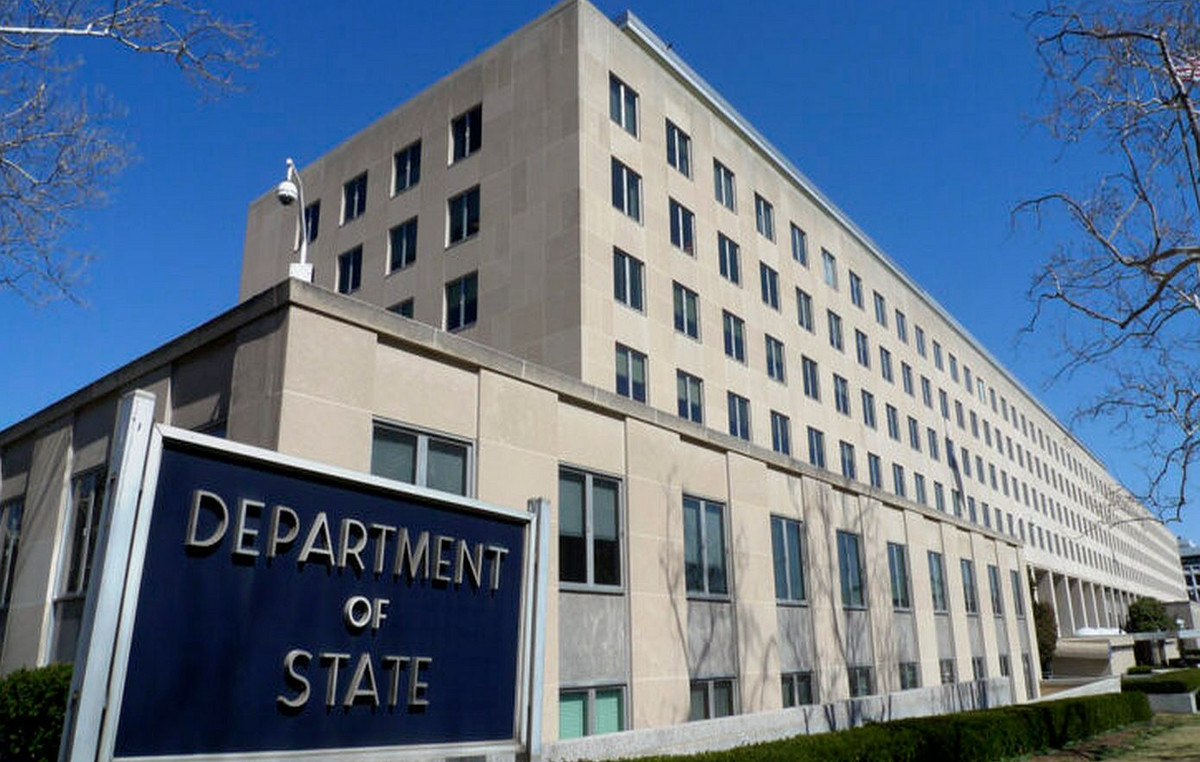The main opposition party, the Democratic Party of Korea, announced on Thursday that an impeachment motion against President Yoon Suk Yeol will be put to a vote on Saturday, according to Asia News. He needs at least eight members of Yoon’s party to vote in favor of his dismissal for the motion to pass with a two-thirds majority in the 300-seat parliament.
This action came after South Korea’s president declared martial law in the country for the first time in nearly 50 years, citing “anti-state forces” and the threat from North Korea.
Market reaction
At the time of writing, the USD/KRW pair is up 0.05% on the day to trade at 1416.25.
Risk sentiment FAQs
In the world of financial jargon, the two terms “risk appetite (risk-on)” and “risk aversion (risk-off)” refer to the level of risk that investors are willing to bear during the investment period. reference. In a “risk-on” market, investors are optimistic about the future and are more willing to buy risky assets. In a “risk-off” market, investors begin to “play it safe” because they are worried about the future and, therefore, buy less risky assets that are more certain to provide a return, even if it is relatively modest.
Typically, during periods of “risk appetite”, stock markets rise, and most commodities – except gold – also appreciate as they benefit from positive growth prospects. The currencies of countries that are large exporters of raw materials strengthen due to increased demand, and cryptocurrencies rise. In a “risk-off” market, Bonds rise – especially major government bonds -, Gold shines and safe-haven currencies such as the Japanese Yen, Swiss Franc and US Dollar benefit.
The Australian Dollar (AUD), Canadian Dollar (CAD), New Zealand Dollar (NZD) and minor currencies such as the Ruble (RUB) and the South African Rand (ZAR) tend to rise in markets where there is “appetite for risk.” This is because the economies of these currencies rely heavily on commodity exports for their growth, and these tend to rise in price during periods of “risk appetite.” This is because investors anticipate higher demand for raw materials in the future due to increased economic activity.
The major currencies that tend to rise during periods of “risk aversion” are the US Dollar (USD), the Japanese Yen (JPY) and the Swiss Franc (CHF). The Dollar, because it is the world’s reserve currency and because in times of crisis investors buy US public debt, which is considered safe because it is unlikely that the world’s largest economy will go into default. The Yen, due to the increase in demand for Japanese government bonds, since a large proportion is in the hands of domestic investors who are unlikely to get rid of them, even in a crisis. The Swiss franc, because strict Swiss banking legislation offers investors greater capital protection.
Source: Fx Street
I am Joshua Winder, a senior-level journalist and editor at World Stock Market. I specialize in covering news related to the stock market and economic trends. With more than 8 years of experience in this field, I have become an expert in financial reporting.







